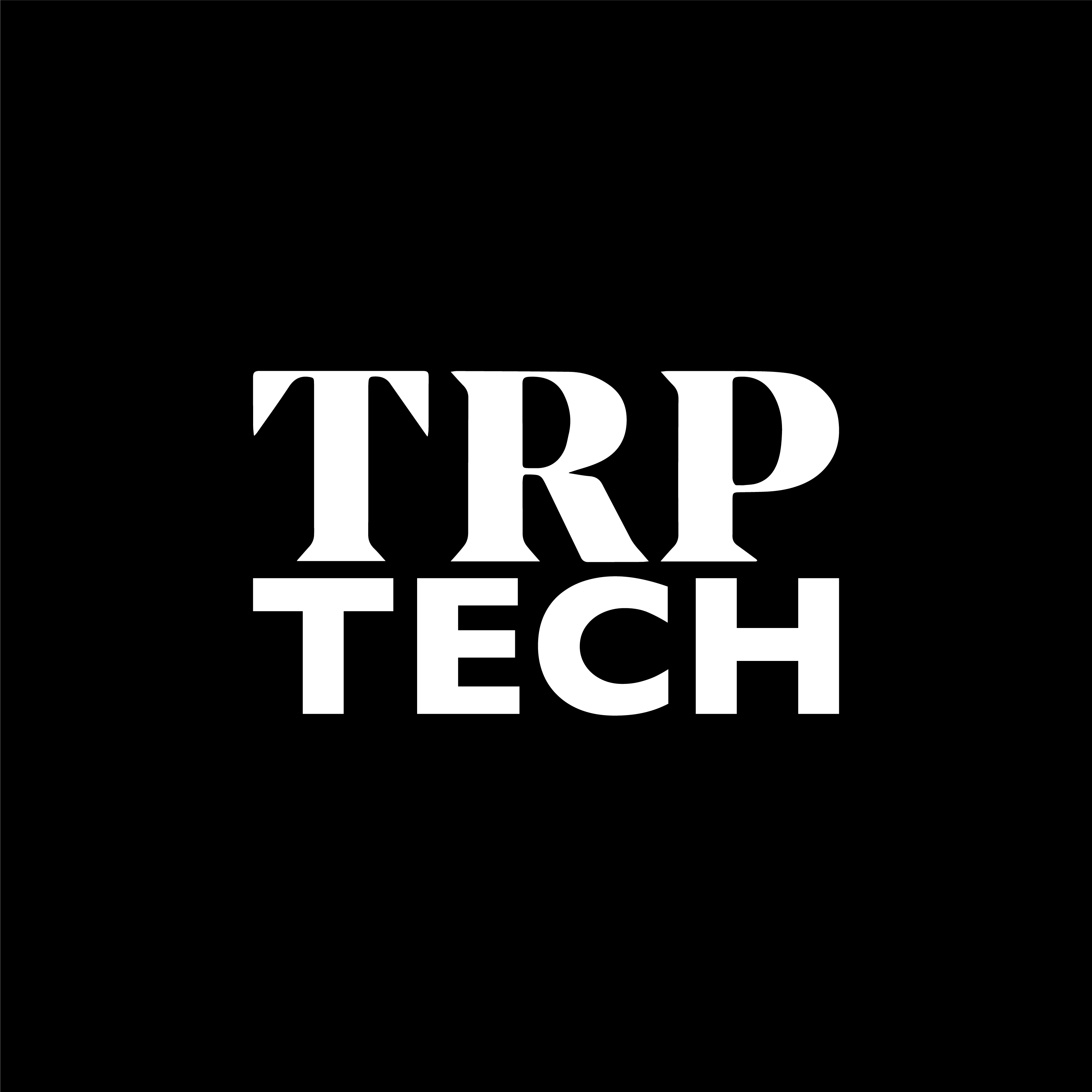TikTok And WeChat Secure Social Media Licences, But X And YouTube Still Hold Out
12 days ago
Subscribe to our Telegram channel for the latest stories and updates.
TikTok and WeChat are now officially licensed to operate in Malaysia under new regulations requiring large social media and messaging platforms to register with the Malaysian Communications and Multimedia Commission (MCMC). This licensing framework, effective from 1 January 2025, targets platforms with over 8 million local users to ensure accountability for online harms, including scams and child exploitation.
The MCMC announced that Tencent (WeChat) was the first to secure the Applications Service Provider Class (ASP(C)) licence, followed by ByteDance (TikTok). While Telegram is reportedly nearing the end of its licensing process, major players like Meta (Facebook, Instagram, and WhatsApp), X (formerly Twitter), and YouTube have yet to comply fully.
Who’s In and Who’s Out?
Meta, which owns Facebook, Instagram, and WhatsApp, has started the licensing process and is expected to comply soon. Telegram is also in the final stages of approval. However, X claims it doesn’t meet the 8-million-user threshold in Malaysia—a claim that some experts have questioned.
Google, managing YouTube, has taken a different approach, disputing its classification as a social media platform. The MCMC has stated it will ensure compliance and has made clear that YouTube falls within the framework.
What Happens If Platforms Don’t Comply?
Non-compliant platforms face penalties under the Communications and Multimedia Act 1998 (Section 126). These include fines of up to RM500,000, imprisonment of up to five years, or both. Additional fines of RM1,000 per day can be imposed for continued violations.
While Communications Minister Fahmi Fadzil has reassured users that platforms won’t face immediate bans, service providers may face legal action for failure to adhere to the licensing rules. This approach balances enforcement with maintaining a conducive environment for innovation and digital development.
Code of Conduct and Regional Comparisons
The MCMC introduced a code of conduct on 20 December 2024, providing best practices for platforms to tackle harmful content. This document supplements existing obligations under Malaysian law. However, critics note a lack of specific timelines for content takedown—a contrast to Indonesia’s strict 4-hour window for urgent cases.
The licensing framework aims to create safer online spaces without stifling innovation. For users, it signifies a step towards reducing harmful content like scam ads and protecting vulnerable groups. However, the success of this policy depends on how swiftly and effectively platforms comply with their obligations.
...Read the fullstory
It's better on the More. News app
✅ It’s fast
✅ It’s easy to use
✅ It’s free









